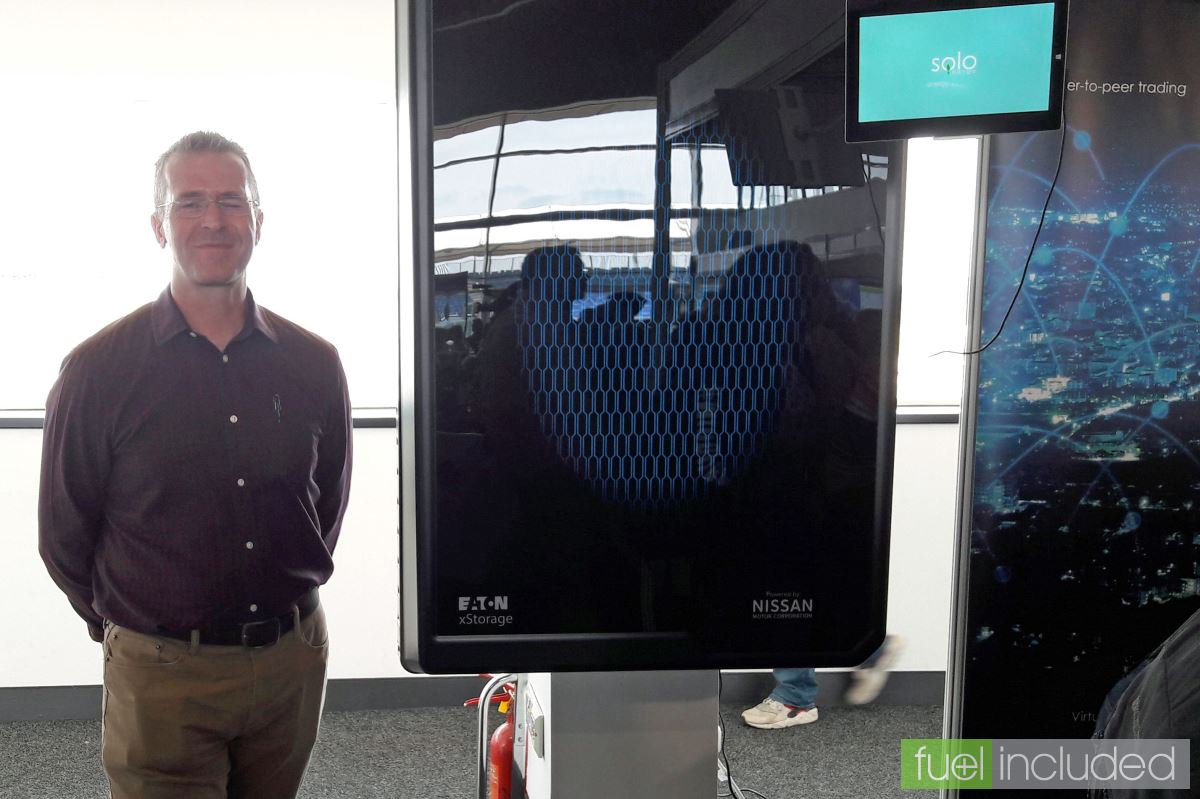China plans to dominate the $550 billion battery market through a recycling monopoly.
Plummeting battery costs have made electric vehicles (EVs) a truly disruptive technology.
In fact, EVs now use more lithium ion batteries than consumer electronics. But Bloomberg New Energy Finance (BNEF) projects EV-battery demand will rise another 25-fold by 2030 — and EVs will represent more than half of all new car sales by 2040.

This means that millions of used EV batteries will eventually be flooding the market — batteries that may have as much as 70 percent of their original power capacity, even though it can no longer meet the strict requirements for powering its car.
No wonder every major car company in the world is exploring how much value their EV battery has in its “second life.” After all, BNEF projects that over the next three decades, companies will spend some $550 billion “in home, industrial and grid-scale battery storage.”
This potential second life for EV batteries is a clean energy game changer for two reasons.
Firstly, these used EV batteries can deliver much cheaper electricity storage for renewables than is available today.
And secondly, if used EV batteries have value, then EV makers can charge less for their cars — because they can make up the difference reselling the battery later — making them even more affordable.
Read more: Think Progress